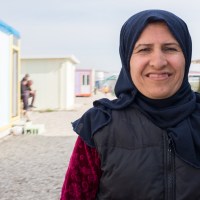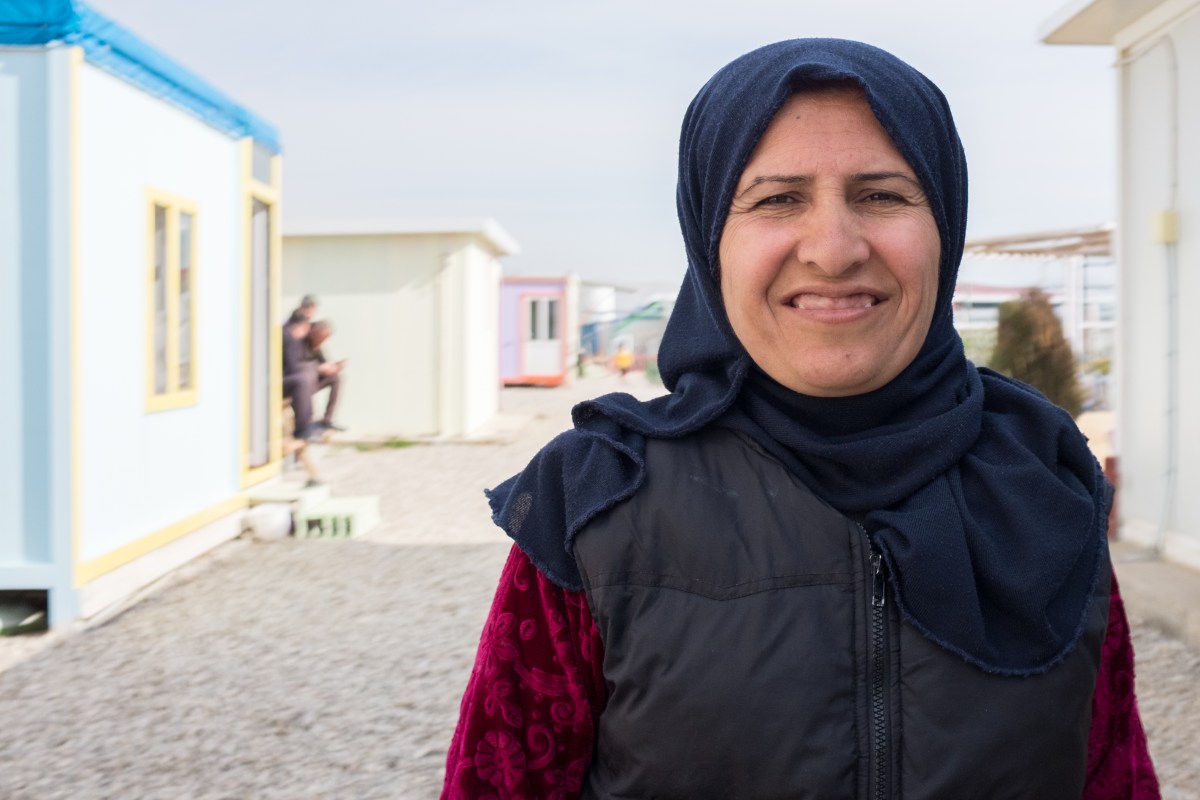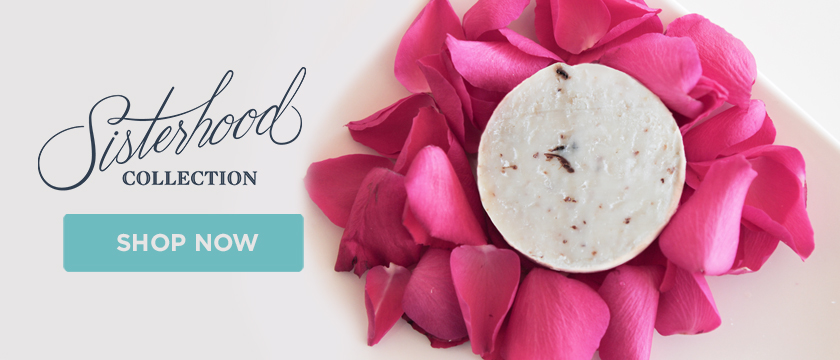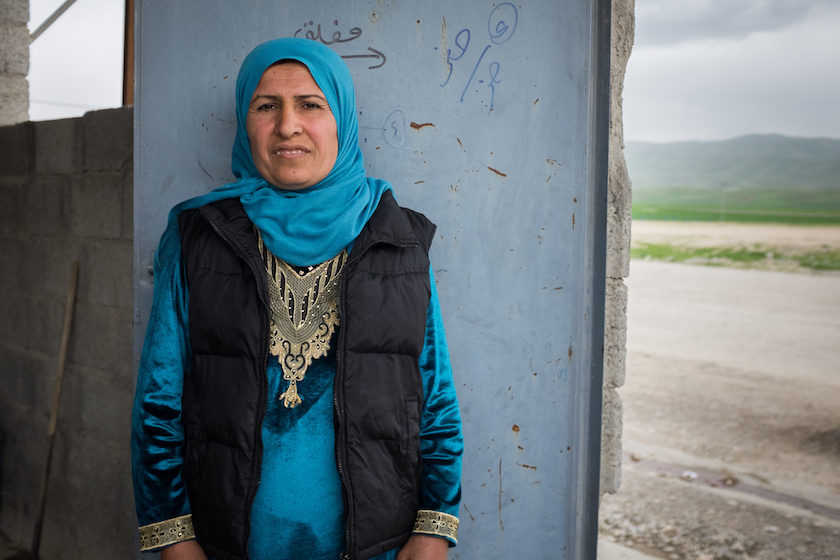
The day that Zainab’s son walked through the door with new soccer shoes, a wave of guilt tore through her heart. He had been asking for new shoes, but Zainab and her husband had no money. They were drowning in debt. There was so little work for her husband in the refugee camp for displaced Syrians, they couldn’t even feed their family with what he earned.
The shoes came from a friend. Zainab dies a little inside every time she thinks about it. It gnaws at her that she couldn’t provide what her children needed, not to mention the things that they wanted.
“Just get a loan for it!”
Her son doesn’t understand. He doesn’t understand that the money they borrow for food isn’t free. He doesn’t understand that they need to somehow find a way to pay it back, and he doesn’t understand that their good reputation and their dignity are the only things of value that ISIS and the civil war in Syria couldn’t take from them.
In Syria, Zainab and her family were happy. They had a nice life. They had their own home. Her husband, a seed distributor, owned his own shop. “I was responsible for the home, and he was responsible for the work,” she tells us.
As we hear from so many of our Syrian friends, they had good lives until the war ripped Syria apart.
“I saw people killed right in front of my eyes.”
More than anything, Zainab wanted to create a bubble of safety for her children—with her home at the center—filled with grandparents and family meals, soccer practices and homework. But she couldn’t protect her family—not from danger, not from the sight of death all around them, and not from the psychological scars of war. The only thing she could do was to get them out.
Like every mother, Zainab has a deep desire to provide her children with what they need: love, security, and material needs.
In this refugee camp in Iraq, where they eventually landed, they are safe. And being a refugee doesn’t change the endless supply of love Zainab has for her family. But the war in Syria stripped away nearly everything else.
Nearly.
In the most difficult circumstances, when Zainab’s days are marred by strong pangs of guilt for what she cannot do for her children, she is teaching them how to live with dignity.
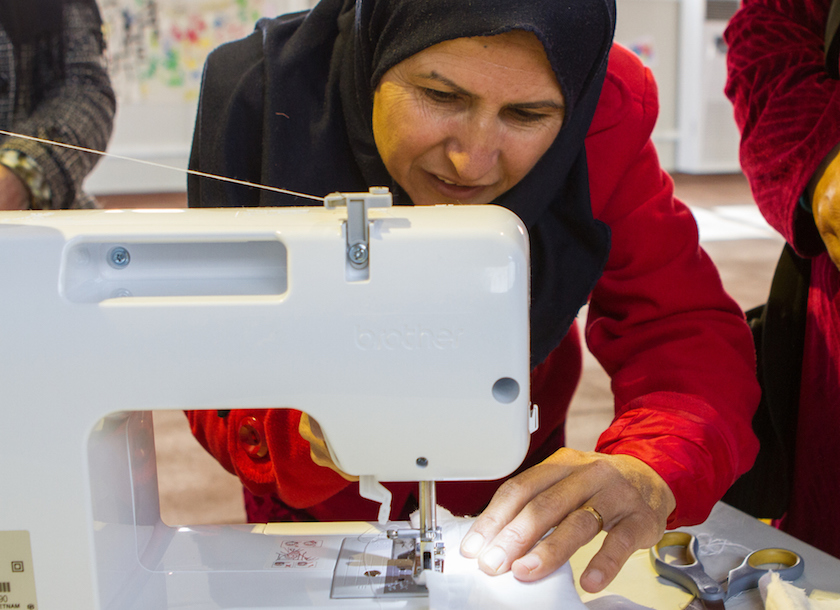
When we sat down to speak with Zainab, her daughter disappeared out of sight for a short time. She returned with a tray laden with fresh bread and yogurt, cheese and tea. Though they have little, they always share with visitors. Radical hospitality, this central hallmark of Middle Eastern culture, is very much alive in Zainab’s family. Though it was mid-morning, it took a long time to persuade them that we had already eaten breakfast and they could save the food for their family. (The tea, however, was delicious!)
Teaching her children the tradition of hospitality, regardless of circumstance—this is what it means to Zainab to live with dignity.
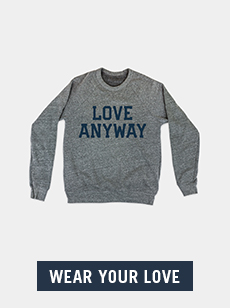
The Syrian families who fill these refugee camps in Iraq come from all across their home country. They represent the full range of experiences, from those who lived rural lives in more conservative villages, to those who lived an urban life in large cities. Families with very different life experience and values end up living side-by-side in these camps. Added to this is the local Iraqi culture that is experienced through trips into local towns and camp staff.
For Zainab, who lived in a village, and whose husband did most of the shopping and took trips out of town while she was culturally expected to remain home, it’s actually been a freeing experience to live in a refugee camp. She experiences a different cultural expectation and different opportunities. Zainab loves the chance to meet with her new neighbors, and learn from them.
Teaching her children to be open to the opportunity to learn, while holding onto their family values, this is to live with dignity.
When you gave Zainab the opportunity to build her own business, sewing for her neighbors, you opened an important way forward for her and her family. It became possible for Zainab to contribute to the family’s income while doing something she loves.
Zainab wore out her first sewing machine, she loves to sew so much! “Sometimes I look at the clock and find that it’s two in the morning,” she says. When she is working, she loses track of time. And even though she needs to be up early in the morning to haul water, she still has energy to sew because she is able to help support her family.
Zainab even spends time hand-sewing trim onto her garments when her sewing machine isn’t up to the task. She doesn’t mind the extra work—it’s worth it to her to look elegant, even in the camp.
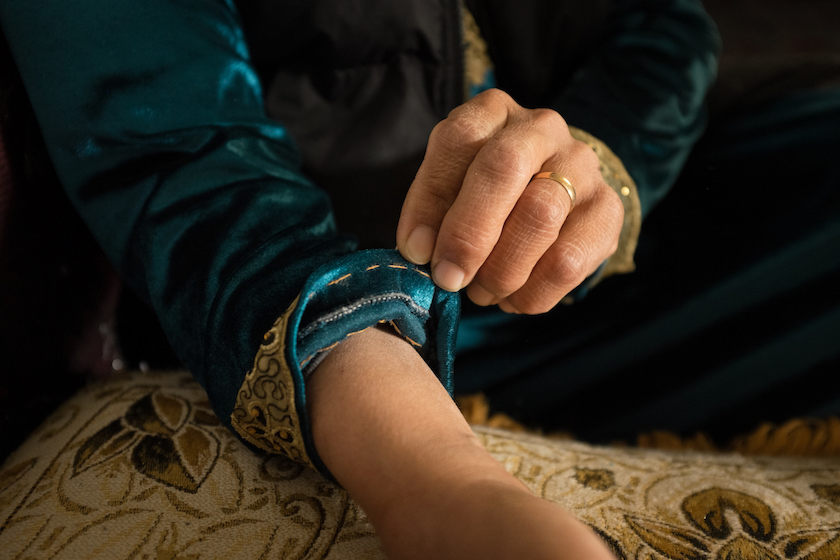
Teaching her children that there is no shame in contributing to the family’s well-being, that there is joy in doing work that you love, and in working with your hands—this is to live with dignity.
Zainab’s customers come from a range of backgrounds. She has neighbors with some money—she charges them a fair price for sewing slipcovers and pillows. She has other neighbors who have even less than Zainab. One widow who visited the day before promised to pay Zainab to stitch up some pajamas as soon as she could find some money. But Zainab—of course she took that fabric and told her neighbour that she would do the work without charge. How could Zainab put this widow into debt, knowing that she could help her for no cost?
Teaching her children that it is possible to give to others, that it is possible to be generous even when we have few financial resources ourselves—this is to live with dignity.
Starting a business didn’t erase the “mother guilt” Zainab feels when she can’t provide everything her children want or need. That is part and parcel with being a mother. But when you helped Zainab start a business, you ease some of that burden by helping to provide for her children, and by allowing her more opportunities to teach her children how to live with dignity.
Shop now to support our empowerment programs and provide opportunities for women like Zainab to live with dignity.

